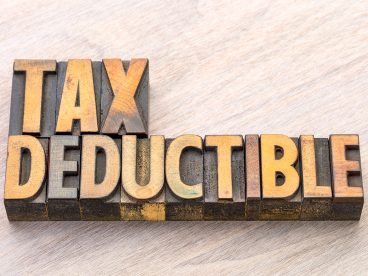By Audrey McQuietor, 2019 Get It Back Campaign Intern
Likely, yes! The IRS requires all workers who meet an income requirement to pay taxes. For rideshare drivers, this income threshold is $400. If you earn more than $400 from all your platform/self-employment work (Uber, Lyft, etc.) then you must report your earnings to the IRS. Even if you don’t meet this requirement, you may have to file taxes if you have other income.
Filing taxes as a rideshare driver is different from filing under traditional employment, since rideshare drivers are considered self-employed.
Self-employment tax is a separate tax that you must pay to the federal government to fund Medicare and Social Security (including your Social Security payments in retirement). Self-employment tax is paid in addition to your regular income tax, so it may seem like your tax rate is higher. Pay taxes throughout the year like a bill to help avoid owing a large amount on April 15. To reduce your taxes, there are self-employment tax deductions available for drivers.
You will file your taxes using Schedule C or Schedule C-EZ. Here, you record the income you received from Uber or Lyft as well as your business tax deductions. You only pay taxes on your net income, which is your total income minus business tax deductions.
Filing taxes as a rideshare driver doesn’t need to be overwhelming. Check out this comprehensive guide to rideshare taxes that explains all you need to know.










